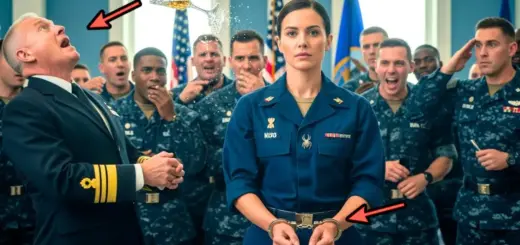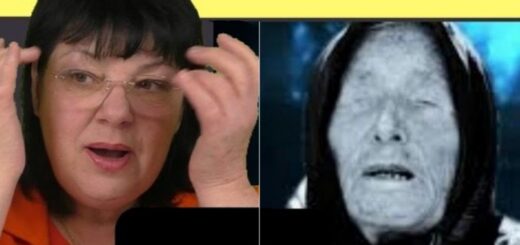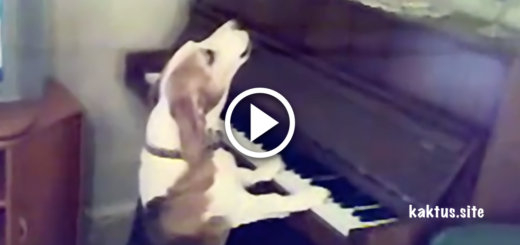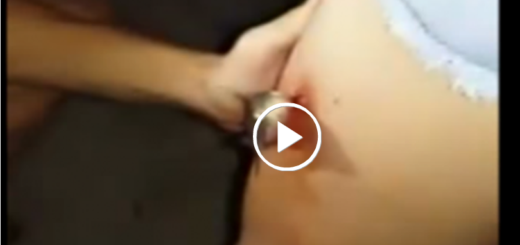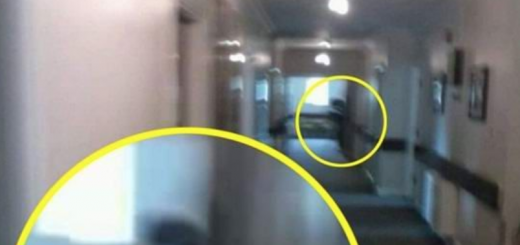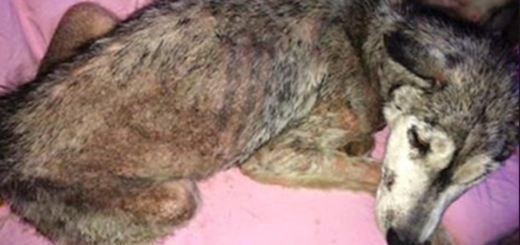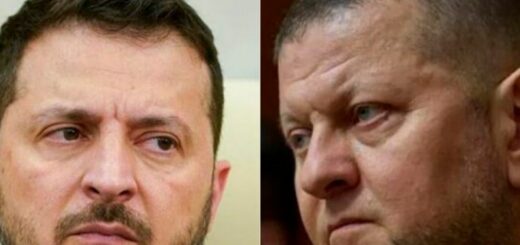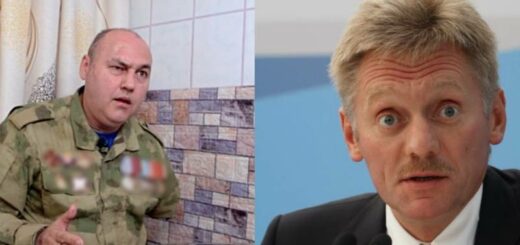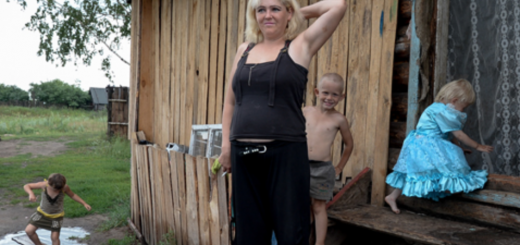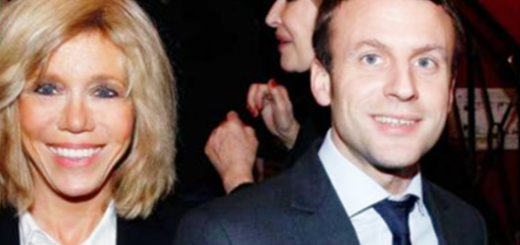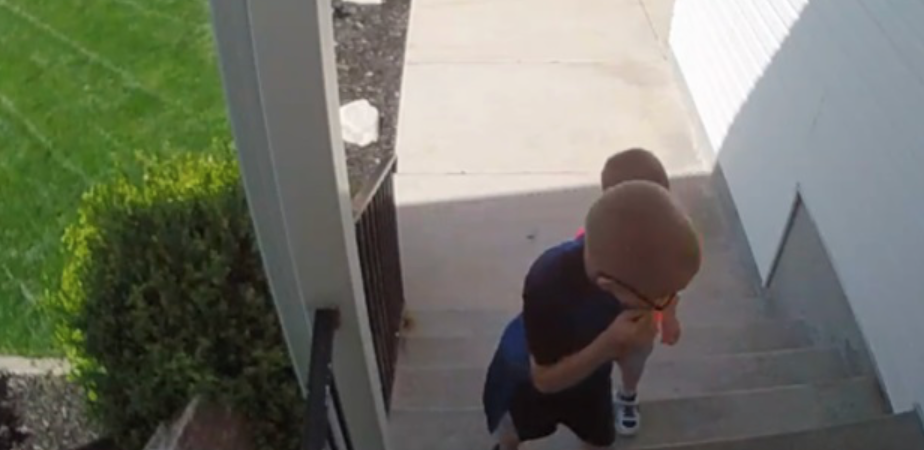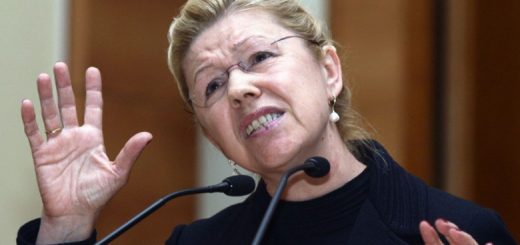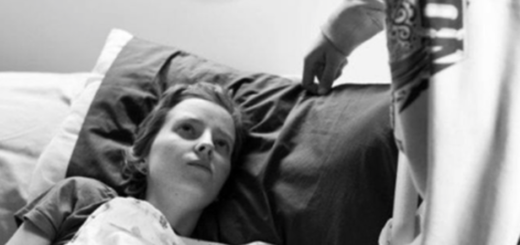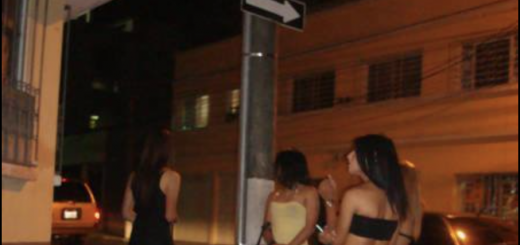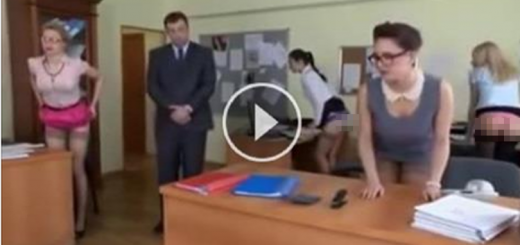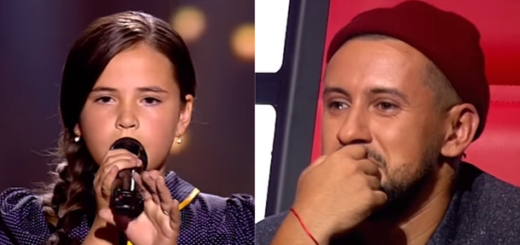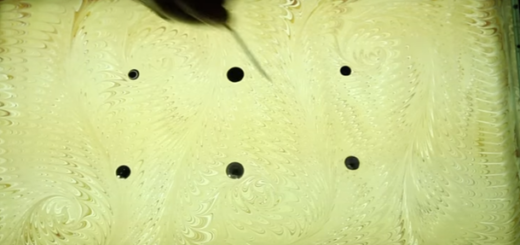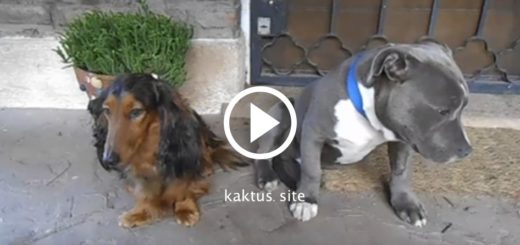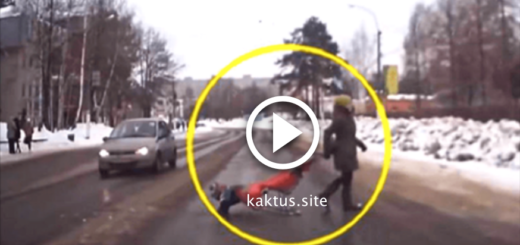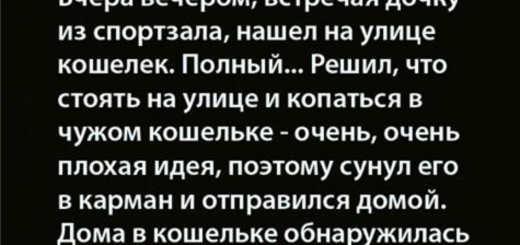Michael said nothing. His hands trembled slightly in his lap. The wind stirred the dead leaves around our feet.
— Is that all?
I asked after a long moment. He nodded slowly.
— Yes.
I stood up, adjusted my scarf, and looked down at the man who had once been my entire world and now looked so painfully small.
— I forgive you.
I said.
— But I will never forget.
Then I turned and walked away. Not quickly, not dramatically. Just with purpose. And I didn’t look back.
I didn’t expect to hear anything more from Michael after that final conversation in the park. I had said what I came to say, looked him in the eye, and left without a trace of regret. I thought that was the end. That was my closure. But fate, as it often does, had one last twist in store—not loud or cinematic, but poetic and just sharp enough to taste like justice.
Two weeks later, I got a call from my lawyer, Judith, a woman with ice-blonde hair and a voice like shattered glass. She spoke with precision, no filler, no hand-holding—exactly the kind of person you want when you’re trying to untangle twenty years of silence and paperwork.
— Carol, you need to come in. We’ve received some documents related to Mr. Sullivan’s second marriage. Or, as I should say now, his illegitimate marriage.
I sat in her office later that week, the same manila folder that I had given her months earlier now resting between us, fattened with legal findings and official signatures.
— He never filed for divorce.
She said, flipping through the pages.
— In the eyes of the state of Ohio, you are still his legal wife.
I stared at her.
— So he committed bigamy.
— Yes. And not only that, he opened several joint financial accounts under a false identity while still legally married to you, which could be considered bank fraud, tax fraud, identity misrepresentation, and possibly even insurance fraud, depending on what claims were made following his declared death.
My first instinct was a wave of disbelief. After all the pain, the silence, the abandonment, he had been the one breaking the law all along.
— Do you want to press charges?
Judith asked, her gaze direct. I paused. The thought of courtroom drama, of dragging his second family through the mud, made my stomach turn. I didn’t want to punish innocent people. I didn’t want to become the monster he had feared enough to fake his own disappearance.
— No.
I said, my voice firm.
— I don’t want a trial. I want a statement. And I want him to lose the right to keep living this lie.
She nodded, a faint smile touching her lips.
— Then we can file a civil petition. You would be well within your rights to have his second marriage voided, reclaim certain properties, and submit a formal record that invalidates any legal claims he has made under a false pretense.
Two weeks later, Michael—or rather, Jonathan—received formal notice. The petition stripped his second marriage of any legal status. His bank accounts were flagged for federal review. His name was entered into a fraud registry. Quietly, carefully, without any fanfare, the life he had built on the bones of my grief began to unravel.
But that wasn’t the part that felt like justice. That came the day I received a letter in the mail. It wasn’t from Michael. It was from her. Mara Garrison. The woman he had married under false pretenses, the woman who, for nearly twenty years, had lived the life I thought I had lost.
The letter was handwritten, cautious, and deeply respectful. It began like this: I don’t know you, but I believe I owe you an apology.
She explained how Michael had confessed everything to her after receiving the legal notice. She had been devastated, not just by the lie, but by the decades of betrayal, by the way he had disappeared from an entire life and let another woman carry the unbearable weight of his absence. She said she had found the files he had kept hidden, the very same notes and documents I had uncovered years later. She had confronted him, and he had finally admitted the full, unvarnished truth.
She wrote, I married a man I didn’t truly know, and you lived a life wondering where he went. I am so sorry for my part in that, even if it was unknowing. I want you to know that he is gone now. I have asked him to leave. The children and I will be rebuilding, just as you did. I hope that one day, your story brings you peace.
I read the letter three times. Each time, the weight in my chest lifted a little more. He had lost everything, not because I had demanded it, but because lies don’t stay buried, even when they are hidden behind new names, new smiles, and new zip codes.
I never spoke to him again. I didn’t need to. He had been exposed, not with violence, not with scandal, but with quiet, undeniable truth. That was the justice I never knew I needed. Because the real power wasn’t in what I took from him. It was in what I reclaimed for myself.
It was a rainy Wednesday when Jessica called. I was in the kitchen, wiping down the counters after baking a batch of lemon shortbread—the kind Michael used to love but never bothered to thank me for. These days, I bake them for myself, no longer trying to please a ghost. My phone buzzed on the counter. Jessica’s name lit up the screen.
— Hey, sweetheart.
I said, pressing it to my ear. Her voice was unusually soft.
— Hi, Mom. Are you busy?
— Just finished baking.
I replied, sensing something in her tone.
— What’s going on?
She hesitated for a second, then said it.
— I got a letter. From Dad.
Time didn’t stop. Not really. But something inside me did. I turned off the sink faucet, wiped my hands on a dish towel, and sat down at the kitchen table.
— A letter?
I asked gently.
— Yeah. Just a couple of pages. Handwritten, no return address. He said he’d been following my life from afar, and that he hoped someday I could forgive him. He said he never stopped loving me.
I closed my eyes. The sheer audacity of him reaching out, after everything, didn’t surprise me. But it still hurt.
— What did you think?
I asked carefully. She sighed, a long, weary sound.
— I didn’t reply. I don’t think I will. Honestly, Mom, I’m just confused. He wants forgiveness, but he doesn’t want a relationship. He says he’s sorry, but he never really explains why he left.
— That sounds about right.
I said softly. There was a pause on the line. Then she said something I hadn’t expected.
— Did you ever think he’d come back?
I thought about that. Not in terms of hope; that had died a long, long time ago. But in terms of expectation. Whether I ever truly believed Michael would one day appear on the doorstep, knock on the door, and say he had made a terrible mistake.
— I used to.
I admitted.
— For a long time. I used to imagine the doorbell ringing, him standing there with tears and apologies and some convoluted story about losing his mind or needing to start over. I wrote entire conversations in my head that never happened. Then I realized I didn’t actually want him to come back.
— Why not?
She asked, her voice quiet.
— Because I finally started liking the woman I was becoming without him.
Jessica was quiet again. I could hear the weight of that statement settling over her.
— I always wondered what you weren’t telling me.
She said.
— When I was younger, I thought maybe it was just too painful for you to talk about. But I think I get it now. You were protecting me from the ugly truth.
I nodded, even though she couldn’t see me.
— I didn’t want you to carry his absence like a burden. I wanted you to live your life freely, not chasing a shadow or resenting a memory. He made his choice. I didn’t want it to steal your joy too.
Her voice cracked a little.
— You never said anything bad about him.
— I know. But that doesn’t mean I thought good things.
She let out a small, half-laugh.
— You’re stronger than I ever realized, Mom.
— No.
I said.
— I’m just no longer afraid of the truth.
We talked for another hour, not about Michael, but about her work, her dog, her latest book club drama. Just a mother and her daughter, comfortable and whole. After we hung up, I went out to the garden. The rain had stopped, leaving everything glistening and new. I walked slowly between the rows of lavender and rosemary, breathing in the smell of the wet earth. I didn’t need Jessica to choose sides. I didn’t need her to hate her father or even to confront him. What mattered was that she saw me now, not as someone fragile or tragic, but as someone who had walked through fire and come out clean on the other side.
Later that evening, I lit a candle in the living room, poured a glass of wine, and read a letter I had written but never sent. It was to Michael. I had written it months ago, right after finding the box. It ended with a single line: You disappeared, but I didn’t. And it was true. He had vanished from our lives, but I had remained. I had grown. And now, finally, my daughter saw me not as someone who was left behind, but as someone who had risen.
A year had passed since the birthday card slid under my door and changed everything. The seasons had turned, each one peeling back another layer of the woman I used to be. And now, standing once again at the top of the basement stairs, I no longer felt any fear. I flipped on the light. It flickered once before humming to life.
I hadn’t come down here much since finding the hidden box, only when I needed something from storage or to clear out the last remnants of Michael’s carefully staged vanishing act. But tonight felt different. This wasn’t an errand. It was a closing.
I walked down the steps slowly, my footing steady. The space was clean now, cleared of cobwebs and clutter. The musty scent had faded, replaced by the faint smell of lavender sachets and fresh paint. I had repurposed the far corner, the one where the false wall had been, into a small reading nook—an old armchair, a lamp, a woven rug. Nothing elaborate, but it was mine.
I sat in the chair and looked around, my fingers curled around a warm mug of peppermint tea. A soft rain tapped against the small window near the ceiling, the same window I used to avoid looking at, afraid it might reflect the face of someone who had disappeared. Not anymore.
I thought about the woman I used to be, the one who stood in this very space with shaking hands and a box full of betrayal in her lap. She had lived in a state of prolonged mourning, not just for a man, but for an entire version of her life that had never truly existed. And I mourned for her now, not with sadness, but with respect. Because she had survived what could have hollowed her out completely. She didn’t just endure the silence; she built a new voice inside it.
I used to think that closure meant getting answers, a full confession, a perfect, full-circle ending. But now I know better. Closure is a choice. It’s walking through the same door that once broke you and realizing it no longer holds any power over you. I had spent years living in a half-light, tiptoeing around my grief, waiting for something that was never going to return. Michael had written his own exit, thinking he could leave without consequence. But the truth has a way of surfacing, not always with drama, but always with certainty. And once it arrives, it doesn’t leave any room for shame or denial. It just is.
I no longer carried his questions around like chains. Where did he go? Why did he leave? What did I do wrong? Those questions had once been my constant companions. Now, they were just ghosts that didn’t know they were dead. I thought about Jessica’s voice on the phone that day, filled first with cautious concern, then with a quiet admiration. How she had seen me fully for the first time—not just as Mom, the constant, the comforter, the one who kept everything stitched together, but as a woman. A woman who had lost, broken, rebuilt, and kept going. That was what mattered in the end. Not the fall, but the getting up.
I looked around the basement one last time, at the boxes now labeled clearly, at the shelves that held pieces of my past but no longer defined me, at the soft glow of the lamp, casting light into the corners where darkness used to settle. And then I reached into my pocket and pulled out the card, the one that had started it all. It was creased now, its edges worn from being opened and shut too many times. I held it for a moment, then stood and walked to the small electric fireplace I had installed last fall, just enough to warm the room.
I turned it on, watched the soft flames flicker to life, and I placed the card into the fire. It curled quickly, the edges blackening. The words—I never left. Look in the basement—disappeared into smoke and ash. He was right, in a way. He never really left, because I had carried the wound of his absence for years. But now, I was choosing to let him go. Not for him. For me. The ashes drifted upward and vanished into nothing.
I smiled. Then I walked up the stairs, flipped off the light, and closed the door behind me. Not because I was afraid of what was down there, but because I had finally brought the light up with me. And I no longer needed to look back.



